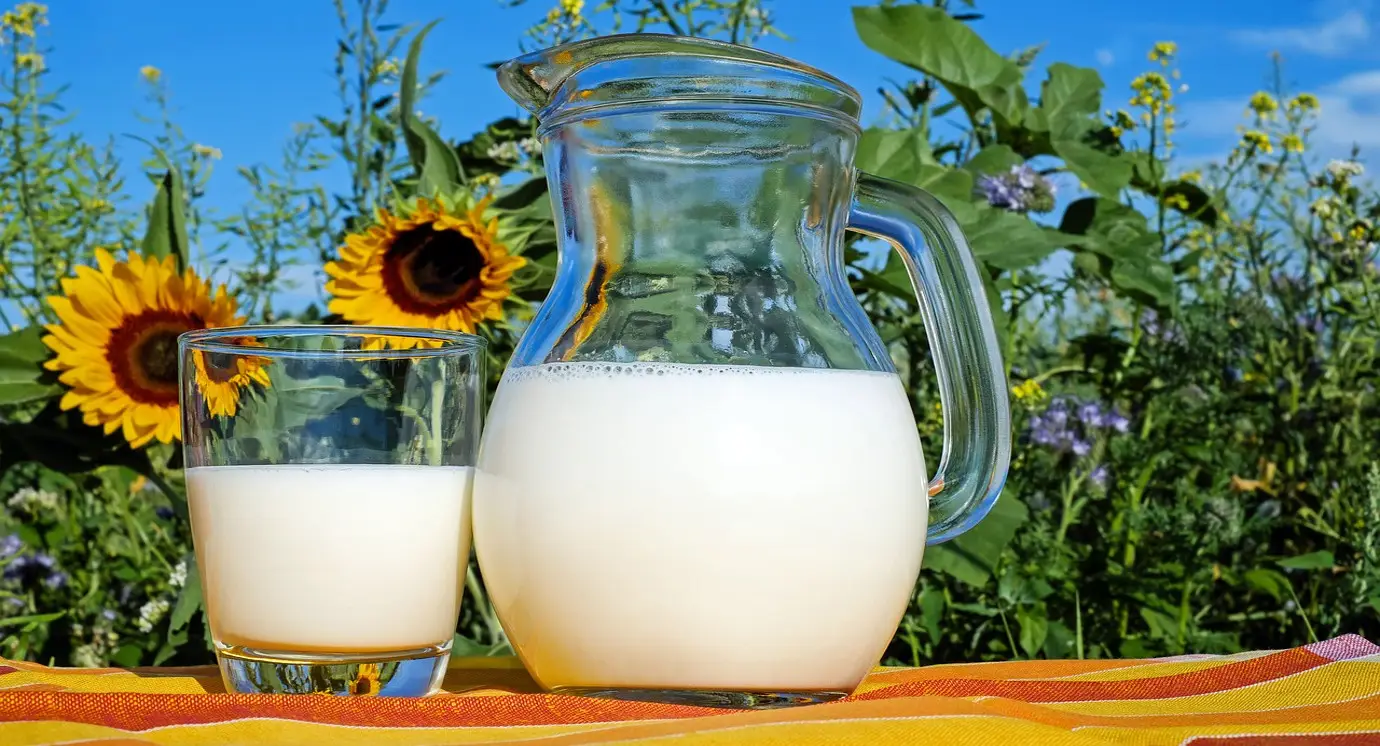Cheddar Cheese Lysine and Arginine Info Sheet
Overview
Cheddar cheese is a hard cheese that is made from cow’s milk. It has a firm, smooth texture and a sharp, nutty flavor. It is one of the most popular cheeses in the world and is often used as a slicing cheese, a grating cheese, or a cooking cheese.Cheddar cheese is high in fat, saturated fat, and sodium, but also high in protein, calcium, and phosphorus.
It also contains probiotics, which are beneficial bacteria that can improve digestion and immunity.
| Name | Lysine (mg/100g) | Arginine (mg/100g) | Ratio |
|---|---|---|---|
| Cheddar Cheese | 2104mg | 954mg | 2.202 |
Cheddar Cheese contains 2104mg of Lysine and 954mg of Arginine per 100g of product.
This means Cheddar Cheese has a very high Lysine-Arginine ratio of 2.202.
Because Cheddar Cheese contains much higher levels of lysine than arginine, it is highly recommended for people who suffer from herpes, as it may prevent outbreaks.
Lysine Considerations
Cheddar cheese is an excellent source of lysine, an essential amino acid that is important for protein synthesis, collagen formation, and immune function.
Lysine also helps prevent cold sores caused by the herpes simplex virus.
It is one of the nine amino acids that your body cannot make by itself, so it has to come from the food we eat.
Lysine has a variety of functions in the body, such as helping with growth, healing, energy, immunity, and collagen production.
Lysine may also have some effects on the herpes virus, which causes cold sores and genital sores.
Studies have suggested that taking lysine supplements or applying lysine cream may help prevent or treat these infections by blocking the amino acid arginine, which the virus needs to grow.
Arginine Considerations
Cheddar cheese is also an excellent source of arginine, another essential amino acid that is involved in wound healing, nitric oxide production, and growth hormone secretion.
Arginine may also improve blood flow, lower blood pressure, and enhance sexual function.
Arginine has different functions in the body, including wound healing, helping the kidneys remove waste products from the body, and maintaining immune and hormone function.
Arginine also plays a role in the replication of the herpes virus, making it a key factor in cold sore outbreaks.
The herpes virus requires arginine to grow, replicate, and create new herpes viruses.
Foods a decent source of arginine, such as nuts and chocolate, may increase the frequency and severity of these outbreaks.
Lysine-Arginine Ratio
Cheddar cheese has a high lysine-arginine ratio, which means that it has more lysine than arginine.
This may be beneficial for people who suffer from herpes outbreaks, as lysine can inhibit the replication of the virus, while arginine can stimulate it.
However, the lysine-arginine ratio is not the only factor that affects herpes infection, and other dietary and lifestyle factors should also be considered.
Both lysine and arginine play crucial roles in protein synthesis and other metabolic activities.
Interestingly, they have contrasting effects on the herpes simplex virus, which is responsible for cold sores and genital herpes.
Lysine can slow down the virus's ability to replicate, while arginine can promote it.
Consequently, consuming foods with a high lysine to arginine ratio may help decrease the frequency and severity of herpes symptoms.
Foods with a high lysine-arginine ratio include milk, cheese and yogurt products, fish, poultry, fruits, and vegetables.
These foods can supply the body with sufficient lysine to block the virus's absorption of arginine, thereby preventing its growth and spread.
Dietary Considerations
Like other dairy products, cheese is a decent source of lysine and not very high in arginine.
Cheese can help boost the immune system and fight off herpes infections.
Cheese also contains calcium, protein, and vitamin B12, which are essential for overall health.
Parmesan, ricotta, cottage cheese, and cheddar cheese are some of the cheeses that have the most lysine compared to arginine.

For example:
Eating a balanced and nutritious diet that supports your immune system and reduces inflammation.
This means consuming plenty of fruits, vegetables, whole grains, lean protein, and healthy fats, and avoiding processed foods, added sugars, alcohol, and caffeine.
Make sure to drink plenty of water to keep yourself hydrated and eliminate toxins from your body.
Water can also help you avoid dryness and irritation of the skin and mucous membranes, which can lead to outbreaks.
Consider taking l-lysine supplements, which can help prevent herpes outbreaks and stop a cold sore before it emerges by limiting the availability of arginine for the virus, which it requires to produce a cold sore.
To prevent outbreaks, avoid foods that can cause allergic reactions or sensitivities, such as gluten, dairy, nuts, eggs, or shellfish.
These foods can harm your immune system and make inflammation worse.
Pain, swelling, and itching can be reduced by eating foods that have anti-inflammatory, antiviral, and antibacterial properties, such as honey, yogurt, aloe vera, and chamomile.
These foods can also help you heal faster by promoting tissue repair.
Check more food information






